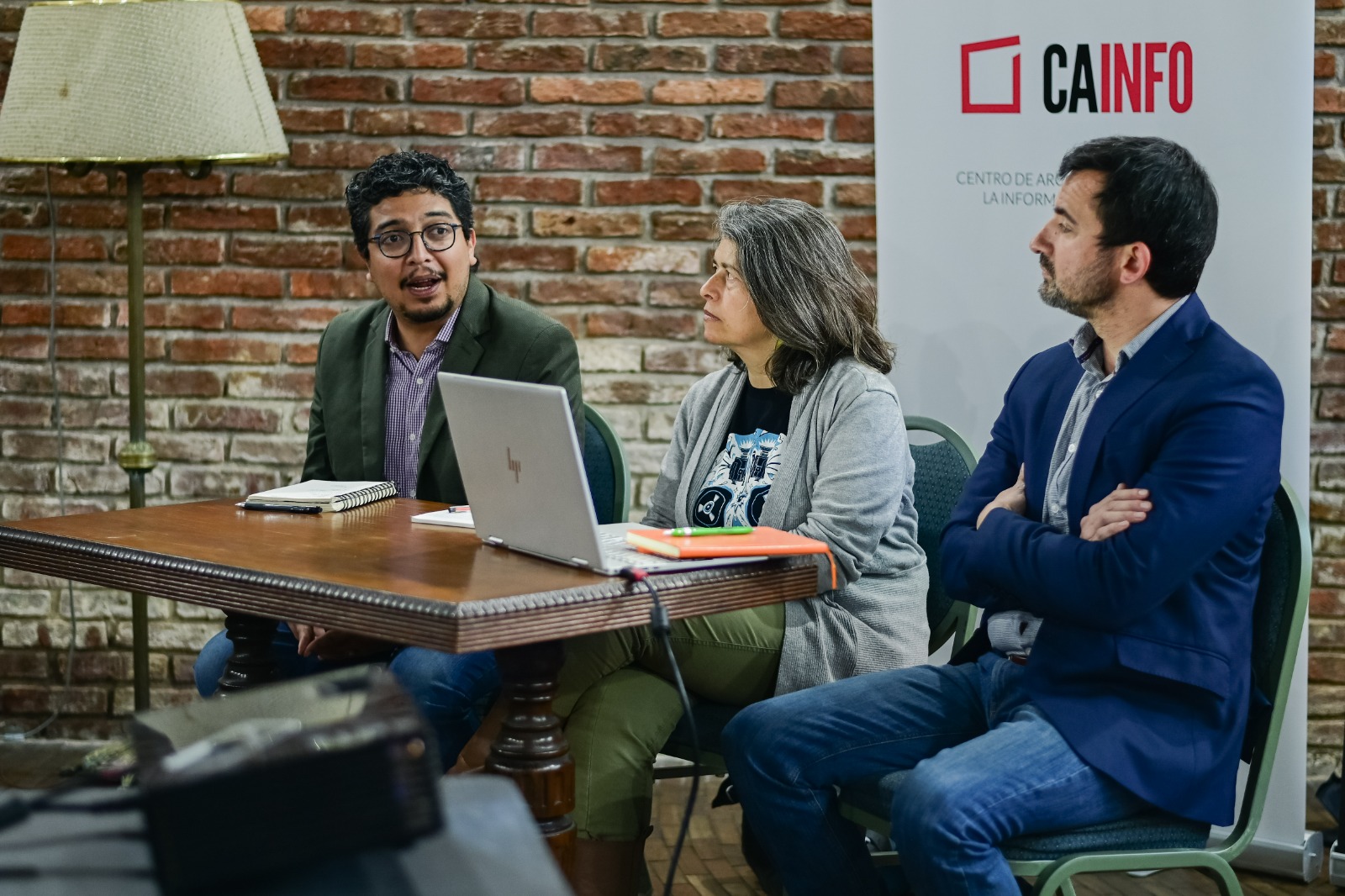
Although Uruguay has been considered a benchmark for freedom of expression, the eighth monitoring report by the Center for Archives and Access to Public Information (Cainfo) recorded a 40 percent increase over the previous year in cases of threats and restrictions on journalists. There has been an increase in the number of cases for the third consecutive year and regressive legal reforms in terms of human rights and freedom of expression.
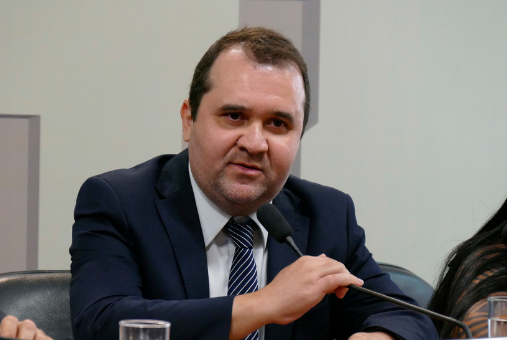
“It is an attack on freedom of expression and information,” journalist Rubens Valente said. The Superior Court of Justice and the Supreme Federal Court of Brazil ruled that Valente has to compensate Supreme Court Justice Gilmar Mendes because of information contained in Valente’s book “Operação Banqueiro.”
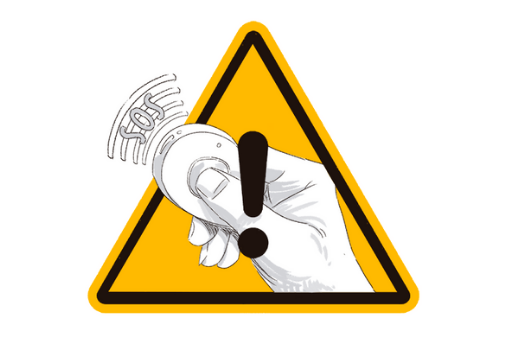
In 2018, the Association of Journalists of El Salvador presented a draft bill for the protection of journalists. After almost three years, the effort was cut short. The initiative was archived when the ruling Nuevas Ideas party took control of the Legislative Assembly. The parties that resumed the discussion at the last minute hold each other responsible for the lack of approval.
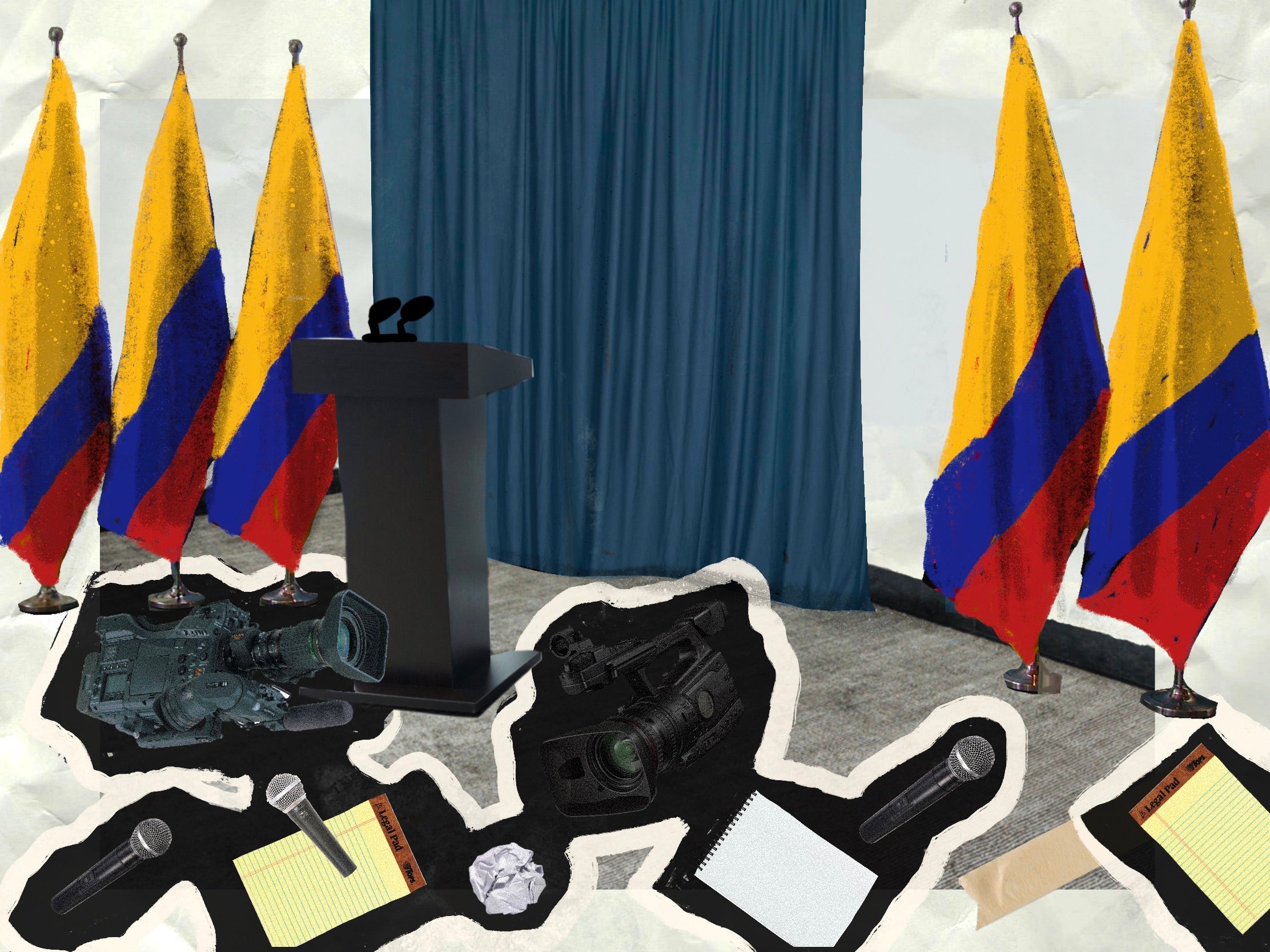
Journalists in Colombia warned that declining working conditions for the press could become more pronounced in 2022, an election year. The Federation of Colombian Journalists (Fecolper, by its Spanish acronym), released a report title “Unprotected on Feb. 9, the Day of the Journalist in Colombia, assessing the state of journalism and the challenges Colombian journalists face.

A study carried out by Gênero e Número in partnership with Reporters Without Borders (RSF) presents data, testimonials and in-depth interviews on the impacts and effects of online disinformation and violence on the daily lives of women and LGBT+ journalists.
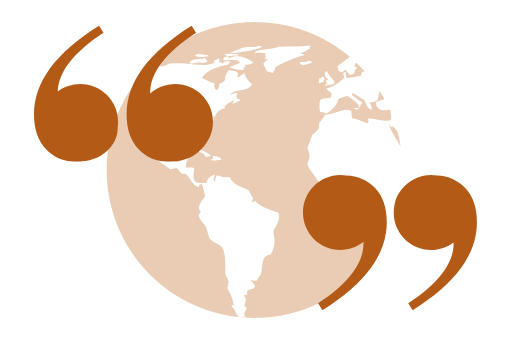
To mark World Press Freedom Day, LatAm Journalism Review (LJR) decided to revive a social media campaign in which we ask journalists from Latin America a simple question: “Why is press freedom important to you?”

Threats and obstacles to journalism in the digital environment will be the topics discussed during this year's commemoration of World Press Freedom Day. Progress will also be analyzed on journalists' safety and impunity, on the 10th anniversary of the UN Plan of Action on this issue.
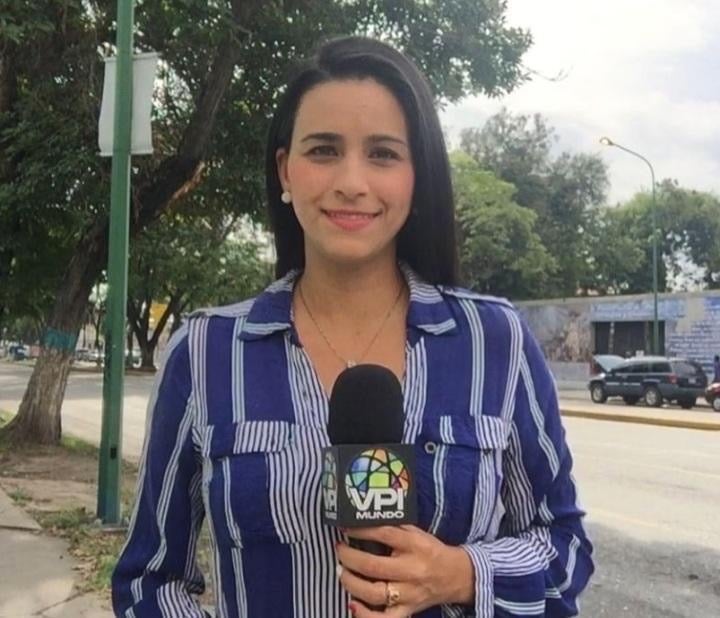
A surveillance environment in Venezuela has led to the beginning of doubt against free expression – the beginning of self-censorship. Venezuelan journalists have had to find a way to reinvent themselves between censorship, threats, misinformation and media sanctions.
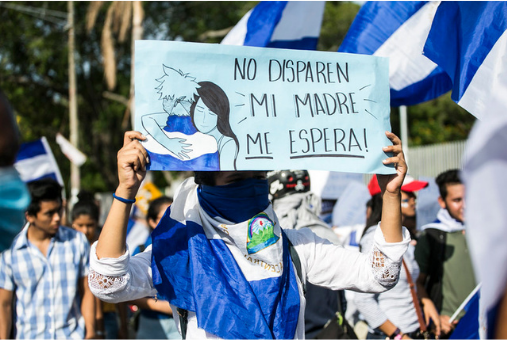
Four years after the social outbreak of 2018 in Nicaragua, more than 120 journalists have gone into exile, at least 20 media have been confiscated, there are no printed newspapers circulating in the country and six journalists have received sentences ranging from 7 to 13 years in prison, with fines in the millions. However, the independent Nicaraguan press continues to fight for freedom, both from inside the country and in exile.

Over the past decade, press freedom around the world is deteriorating and the list of countries facing issues has been growing. With the testimonial of seven journalists from Asia and Latin America, ISOJ 2022 debated the state of press freedom and the serious situation reporters are recently facing in India, Hong Kong, Colombia, Brazil, Venezuela, El Salvador, and Nicaragua.

As violence against journalists has increased in Latin America, several countries have created protection mechanisms designed to implement safety measures for journalists reporting attacks or threats against them.

The main responsibilities of a journalist should be to report reality as it is and to serve as a counterweight to power without being afraid to take a stand in the face of acts of authoritarianism, human rights violations and corruption, said the journalist in a conversation with the managing editor of El País, Borja Echevarría.